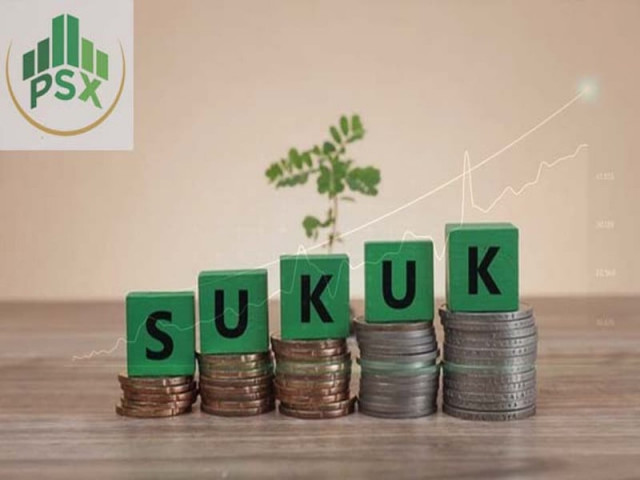To accelerate growth, they must invest heavily in human capital and digital skills, harmonise regulatory frameworks
From oil and remittances to fintech and green sukuk, Muslim economies have evolved into a diversified global ecosystem.
When we talk about the "Ummah economy," we refer not to one country or bloc but to a vast collective - the economic life of Muslim-majority nations and the global ecosystem built around Islamic finance, halal trade, sukuk markets, remittances, and diaspora capital flows. It is a system powered by both faith and finance – blending resource wealth, emerging markets, and cultural industries that serve Muslim consumers worldwide.
As of 2023, the combined gross domestic product (GDP) of the Ummah economy, represented broadly by the 57 member states of the Organisation of Islamic Cooperati
Continue Reading on The Express Tribune
This preview shows approximately 15% of the article. Read the full story on the publisher's website to support quality journalism.
